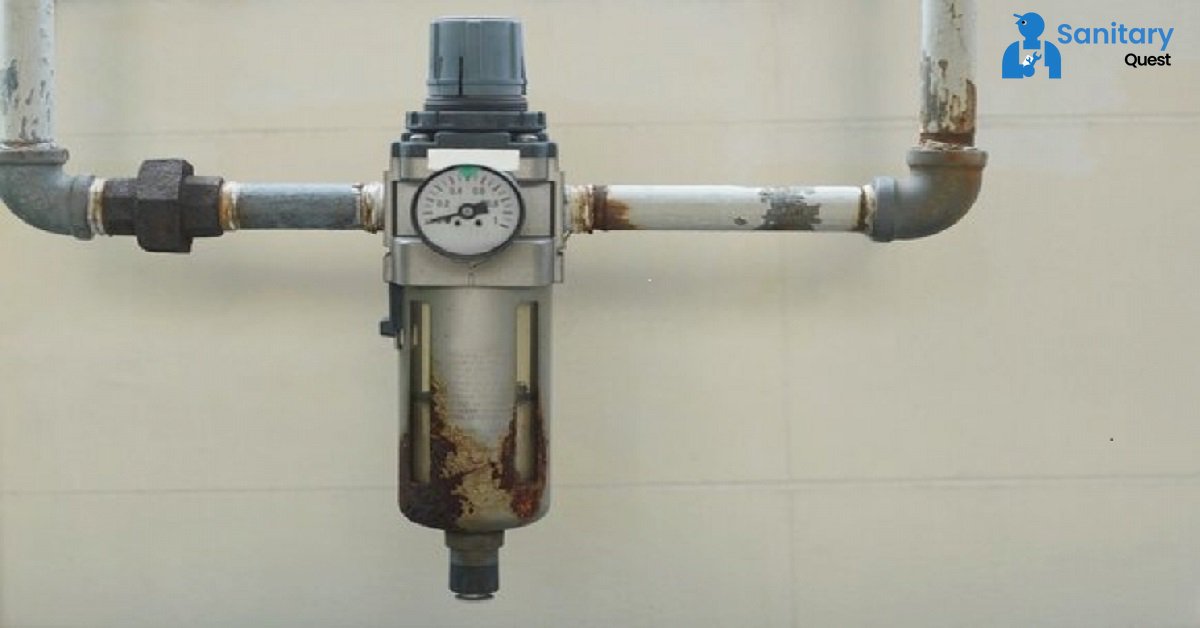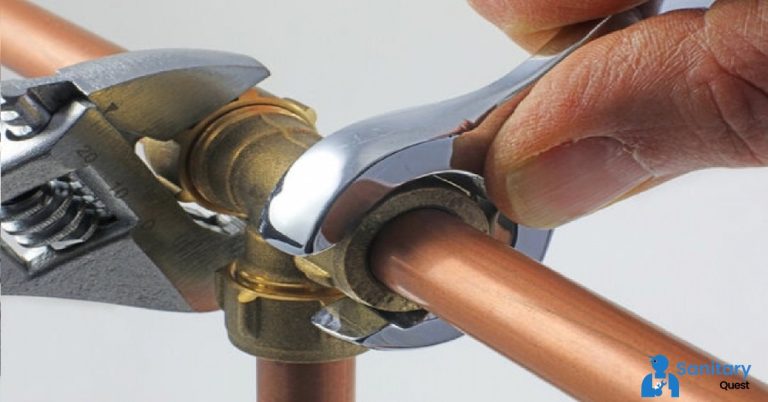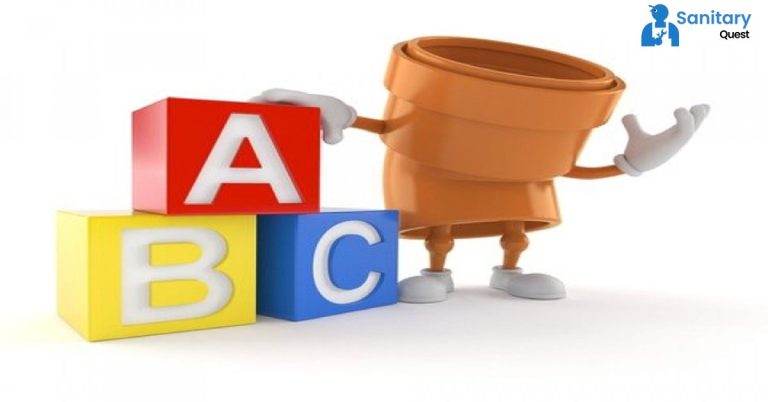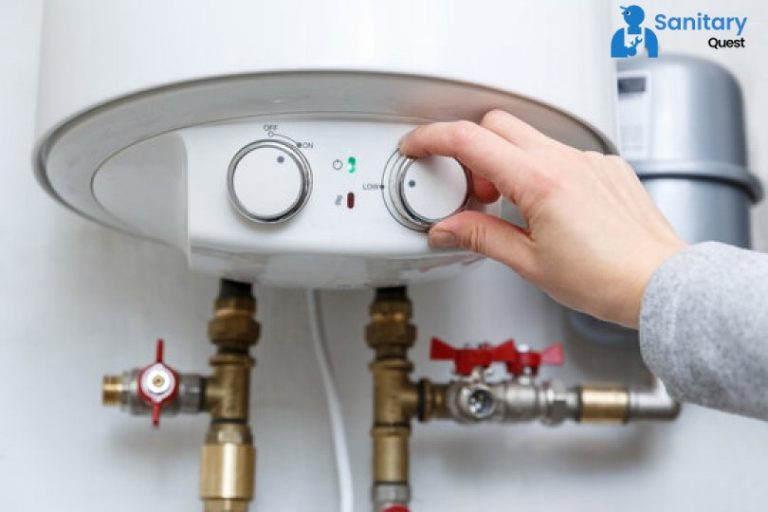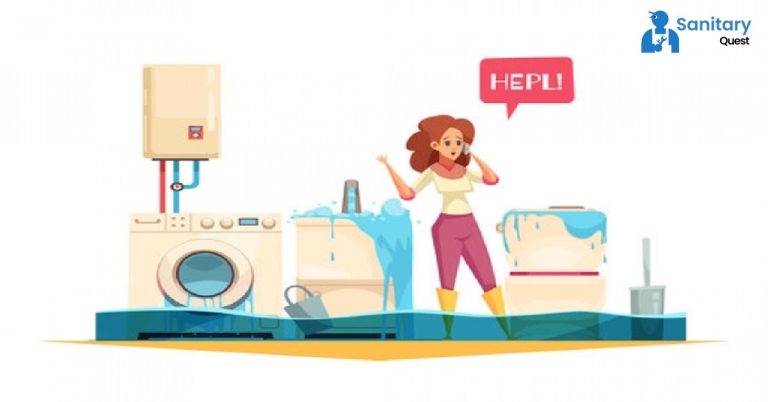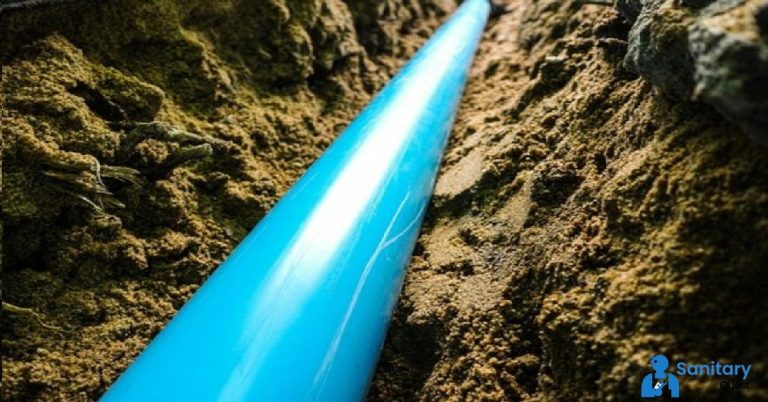When Main Water Lines Go Bad
Nothing survives for an infinite amount of time. If your project goes far enough into the future, you will notice that each pipe and fixture in your home connected to the plumbing system will need to be replaced at some point. This includes the primary artery of your plumbing system, which is the water line that leads to your home. In other words, this is the water supply line.
This is the pipe that connects the plumbing in your home to the municipal water Line. It is buried underground and runs parallel to the street. It serves as a point of connection between the two. Even if your water line still has decades’ worth of service left in it, it is still a good idea to know its age, length, location, and even the material that it is formed from. This is because water lines can corrode over time and cause serious problems. Even if you have no idea what any of those things are, it’s still possible that this information will be helpful to you.
Water Line Danamged
Everything, from loading the dishes into the dishwasher to flushing the toilet, relies on the main water line to function properly. When there is a problem with that line, it will affect each and every appliance and plumbing item in your home. If the pipe should burst or become damaged beyond the point of repair, there will be a restriction placed on access to running water until a replacement can be installed, which is often a process that takes several days to finish.
If you’re lucky, the water line in your home will continue to deliver water to your faucets for at least the next seventy years. However, this is dependent on a great many other factors, and even if the majority of those other factors fall in your favor, there is still a chance that you will sustain some kind of loss.
It is in the best interest of all parties involved to have as much lead time as possible before replacing the principal water line becomes necessary. This is because changing the line may be both disruptive and expensive. The most recommended technique for staying on top of this condition is to schedule a video inspection of your mainline approximately once every two years. This check should be planned to take place as we will demonstrate in the following section, the most significant threats to your mainline approach it is very gradual. As a result, a camera inspection can give you a head start and put you in control of the project timeline by providing you with a head start that puts you in command of the project timeline.
What Can Go Wrong
Under all that dirt, you could feel that your mainline is pretty well secured, but the reality is that it is vulnerable to dangers from both the inside and the outside. From the outside looking in, tree roots are often the most dangerous component that could be present. Over a few years, they make their way closer and closer to the pipe, and eventually, they break through it, resulting in the pipe breaking or springing leaks. A shovel is one tool that could cause harm to an underground line if someone digs in your yard without being informed of the precise location of the line.
The buildup of sediment on the interior surface of the pipe could have the effect of reducing the diameter of the pipe until the water pressure is intolerable. This could happen if the sediment is allowed to accumulate. This is something that could occur if the deposit is permitted to linger on the pipe for a protracted amount of time. Additionally, after years of water running through it, virtually every type of metal pipe material is susceptible to growing rust on the pipe’s interior. This rust can cause leaks and other problems.
What to Do
Before making any decisions regarding the replacement of your main water line, including whether this replacement is essential, it is important to get the counsel of an experienced plumber first. This includes determining whether this replacement is necessary. If your home’s mainline is constructed of iron or, even more dangerously, lead, a plumber will advise you to get a new one and replace the old one. Pipes made of iron are susceptible to developing rust, which can lead to lead corrosion, which is exceedingly harmful to human health. Most of today’s brand-new water lines are fabricated from either polyvinyl chloride or copper (PVC).
The passage of time is of the utmost importance if it turns out that you are dealing with a security breach at the moment. If the line’s condition is generally satisfactory, fixing it rather than replacing it would be the more cost-effective course of action. But since any job can include digging up the lawn, breaking up concrete, or even cutting down trees, it is frequently advisable to pursue total replacement if there is a reasonable likelihood that you will need to take that step within the next 10 to 20 years. This is because either of those jobs may involve one of those responsibilities.
FAQs
Q1: When do Main Water Lines Have Issues?
Sometimes, the big water pipes can have problems for different reasons. One reason is when they get old, and the pipes start to wear out or get rusty. Also, the ground where the pipes are can change, and this can make the pipes not work well. These things can make the big water lines not good, and then they need to be fixed.
Q2: When should you renew the water line?
You should renew the water line when it starts having problems or gets old. If you notice issues like leaks, low water pressure, or discolored water, it might be time to think about renewing the water line. Also, if the pipes are old and showing signs of wear and tear, renewing them can prevent bigger problems in the future.
Q3: How do I know if my water pipe is damaged?
You can tell if your water pipe is damaged by paying attention to certain signs. If you notice water stains on walls or ceilings, experience low water pressure or detect unusual sounds like banging or hissing in your pipes, it could indicate a problem. Discolored water or a strange taste and smell are also signs of potential pipe issues.
Q4: What is the lifespan of a water main?
Water pipes can last a long time, but it depends on a few things like what they’re made of and where they are. Some pipes, like cast iron or PVC, can stick around for many years—sometimes even for a few decades. But it’s important to look at the ground and the water to understand how long they will last.

